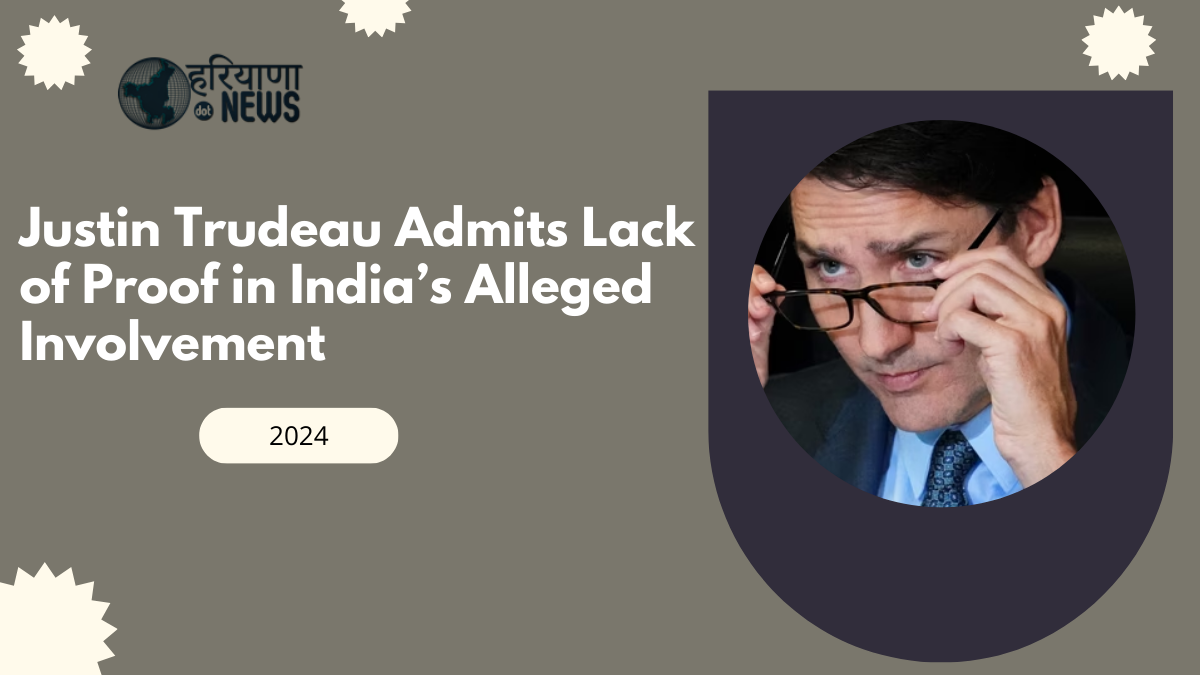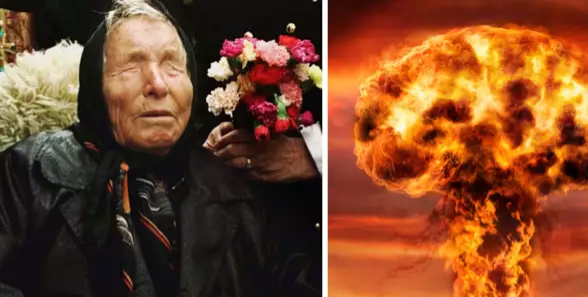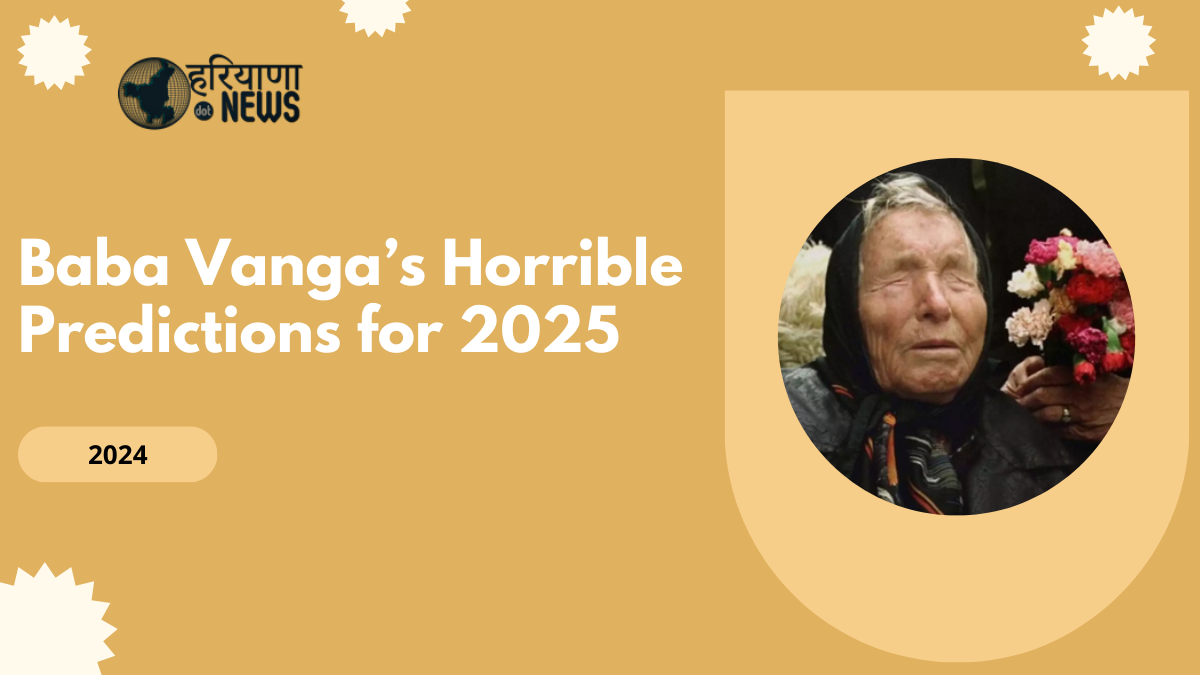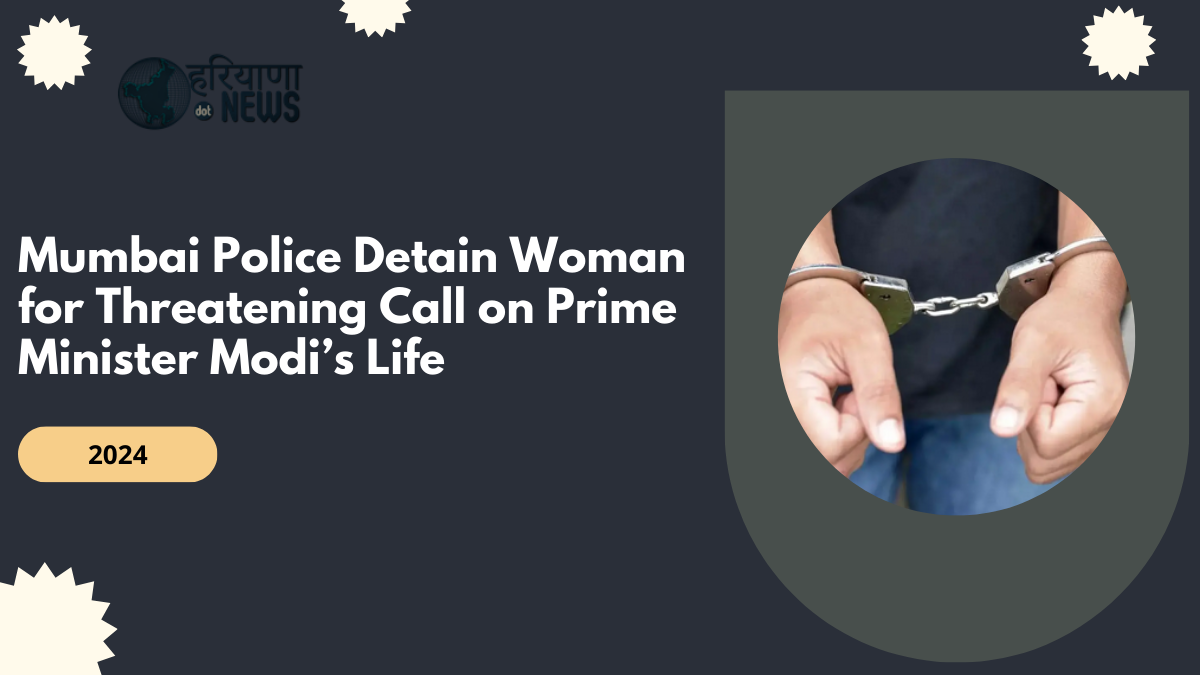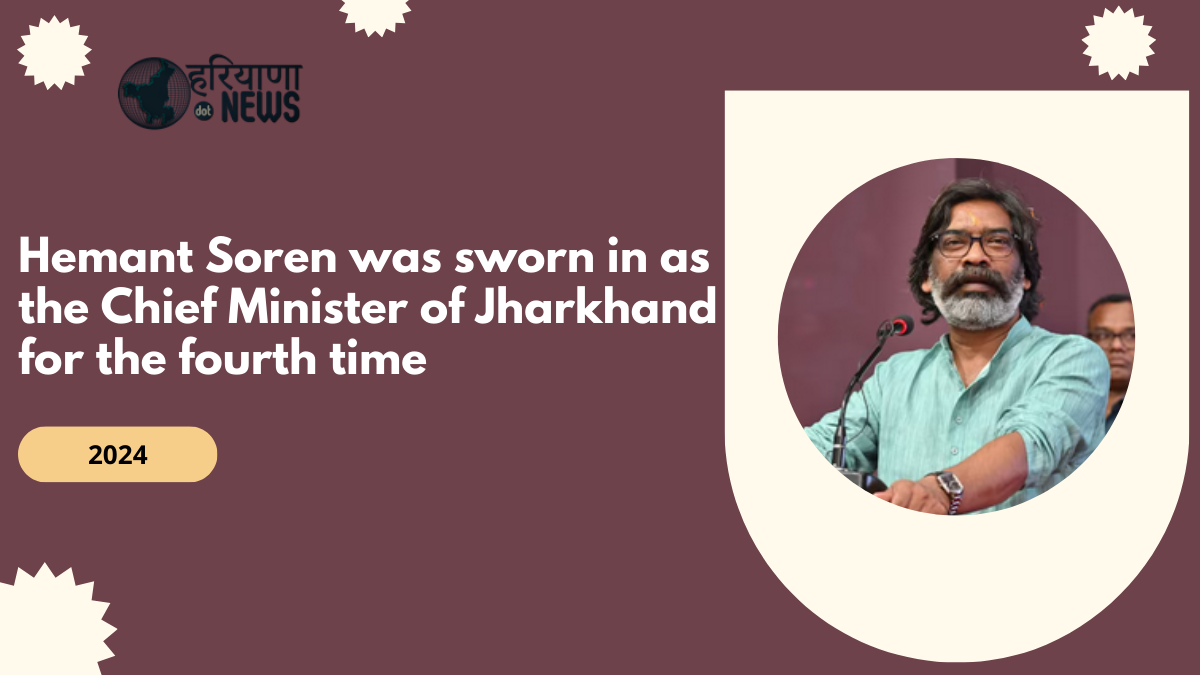Canadian Prime Minister Justin Trudeau, during his testimony at Canada’s foreign interference inquiry, admitted that his government had shared intelligence, but lacked concrete evidence to support the claims about India’s involvement in the killing of Hardeep Singh Nijjar.
In response, India’s Ministry of External Affairs (MEA) issued a late-night statement affirming its position. Following Trudeau’s testimony amid growing diplomatic tensions, the MEA emphasized that Trudeau’s remarks further validate India’s stance that Canada has provided no proof to support the allegations against India and its diplomats.
Justin Trudeau Admits Lack of Proof in India’s Alleged Involvement
Trudeau acknowledged that Canada had no “hard evidentiary proof”, but only intelligence reports when it accused Indian agents of being involved in the murder of Khalistani separatist Hardeep Singh Nijjar. Trudeau stated on Wednesday that there were “clear indications” suggesting that India might have breached Canadian sovereignty in this matter.
MEA’s Firm Rejection of Canada’s Claims
In response, MEA spokesperson Randhir Jaiswal reiterated, “What we heard today only confirms our consistent position – Canada has presented no evidence to substantiate the serious allegations it has made against India and its diplomats.”
The MEA went further to assert that the deterioration in India-Canada relations due to this reckless behavior rests solely on the shoulders of Prime Minister Trudeau.
Trudeau’s Allegations Extend Beyond Nijjar’s Case
While testifying before the public inquiry into foreign interference, Trudeau also claimed that Indian diplomats in Canada were gathering information on Canadians critical of the Narendra Modi government. He accused them of passing this information to both Indian authorities and criminal groups like the Lawrence Bishnoi gang.
India Denies Link to Criminal Networks
India strongly rejected these assertions, dismissing attempts to associate Indian agents with criminal organizations in Canada. Sources in New Delhi stated that Ottawa’s claim of sharing evidence with India regarding the Nijjar case is simply false.
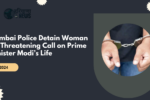 Mumbai Police Detain Woman for Threatening Call on Prime Minister Modi’s Life
Mumbai Police Detain Woman for Threatening Call on Prime Minister Modi’s Life
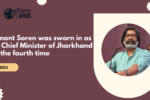 Hemant Soren was sworn in as the Chief Minister of Jharkhand for the fourth time, took oath as Jharkhand’s 14th chief minister
Hemant Soren was sworn in as the Chief Minister of Jharkhand for the fourth time, took oath as Jharkhand’s 14th chief minister
 India’s Strategic Breakthrough: Advancing SLBM Capabilities with INS Arighaat
India’s Strategic Breakthrough: Advancing SLBM Capabilities with INS Arighaat
 Chinmoy Das Arrest: High Court Petition Seeks Ban on ISKCON Amid Rising Violence Against Hindus in Bangladesh
Chinmoy Das Arrest: High Court Petition Seeks Ban on ISKCON Amid Rising Violence Against Hindus in Bangladesh
 Bangladesh Police Use Tear Gas and Batons Against Hindu Protesters After Chinmoy Das’ Arrest
Bangladesh Police Use Tear Gas and Batons Against Hindu Protesters After Chinmoy Das’ Arrest





India Expels Six Canadian Diplomats Amid Rising Tensions
On Monday, India escalated the diplomatic conflict by expelling six Canadian diplomats and withdrawing its High Commissioner from Canada. This move followed Ottawa’s accusations about the envoy’s alleged connection to the probe into Nijjar’s killing.
A Low Point in India-Canada Relations
The ongoing diplomatic dispute represents a significant downturn in relations, which were already under strain. Tensions heightened last year when Trudeau accused India of potentially being involved in Nijjar’s death in September. India responded by calling the accusations absurd and without basis.
India has consistently argued that the core issue in the deteriorating relationship is Canada’s leniency towards pro-Khalistan groups, who are allegedly operating from Canadian soil without consequences.
Hardeep Nijjar’s Death
Hardeep Singh Nijjar, a Khalistani separatist who was designated a terrorist by India, was shot dead on June 18, 2023, outside a gurdwara in Surrey, British Columbia. Despite Canada’s accusations, India maintains that it had no involvement in the incident.
Click here to know more.

